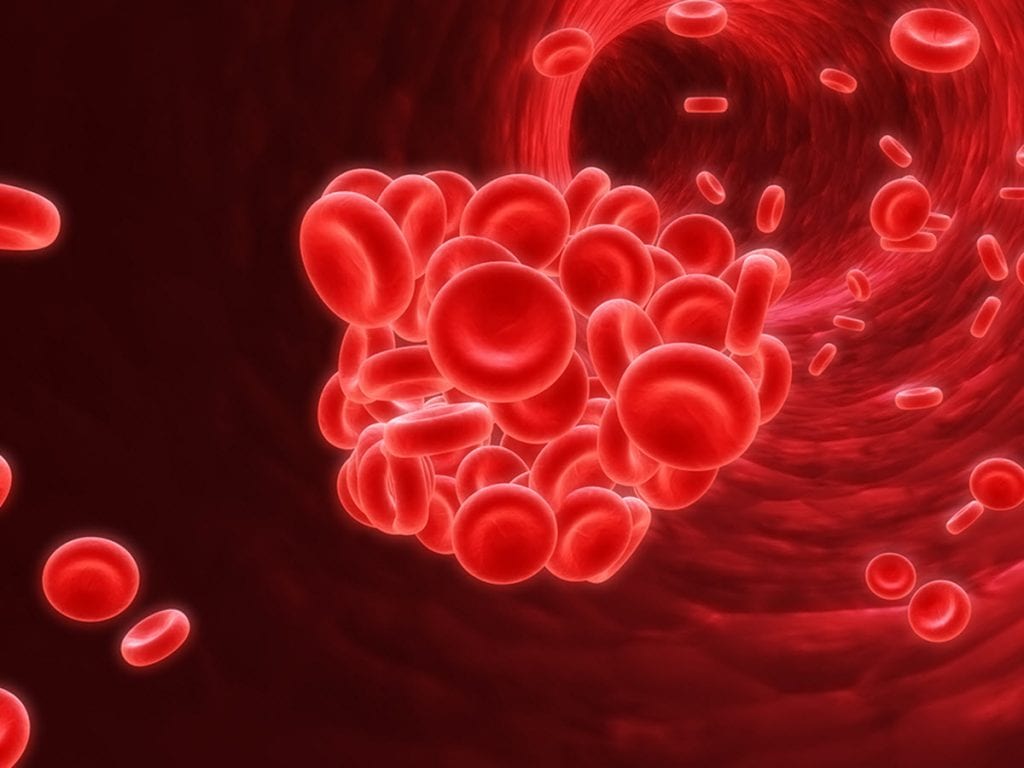How to Prevent a Sickle Cell Crisis
Sickle cell disease is a hereditary condition that causes red blood cells to be misshapen. As a result, there aren’t enough healthy, normal red blood cells to carry oxygen and nutrients throughout the body. There’s no cure for the disease. One of the problems it causes is a sickle cell crisis. It’s painful and can go on for several days.

Home Care in Warren County VA: Prevent a Sickle Cell Crisis
About Sickle Cell Crisis
With sickle cell disease, some red blood cells are shaped like crescent moons, or sickles, which is where the disease gets its name. These sickle-shaped cells don’t move through blood vessels as easily as normal, round blood cells. Sometimes, they get stuck in the small blood vessels that deliver blood to bones, causing pain. The pain can be dull and throbbing or sharp and severe. It may occur in various parts of the body, including:
- Back.
- Knees.
- Legs.
- Chest.
- Stomach.
- In addition, they may experience:
- Trouble breathing.
- Fatigue.
- Headache.
- Weakness.
- Jaundice.
The pain can last for just a few hours or for days. It is sometimes treated using medications that can be taken at home. However, if your aging relative has pain that isn’t controlled by the medicine, the pain is very severe, or they are having trouble keeping liquids down, they should be taken to the emergency room.
Tips for Prevention
There’s no guaranteed way of preventing a sickle cell crisis, but there are ways to reduce the risk of the senior experiencing one, such as:
- Avoiding swimming in water that is cold.
- Wear warm clothing during cold weather or in air-conditioned buildings.
- Drink enough liquids.
- Limit alcohol consumption.
- Manage stress.
In addition, the Mayo Clinic recommends taking steps to prevent other complications associated with sickle cell disease, including stroke and pulmonary hypertension. Some of the steps they suggest are:
Healthy Diet and Supplements: Eating a balanced diet that includes plenty of vegetables and whole grains can improve overall health. In addition, the doctor may suggest taking a folic acid supplement because it helps the body to make blood cells.
Avoid Temperature Extremes: In addition to protecting the body from cold, seniors with sickle cell disease should also avoid getting too hot.
Exercise: Exercise is important for good health. However, people with sickle cell need to consult their doctor to determine how much exercise is right for them.
Be Careful with Painkillers: Over the counter painkillers can damage the kidneys, so use them sparingly to manage pain from a sickle cell crisis.
If your older family member has sickle cell disorder, an elder care provider can help them to prevent a sickle cell crisis or other complications. Elder care providers can prepare healthy meals and remind the senior to take medications and supplements. Elder care providers can also help to manage the temperature inside the house and ensure the senior doesn’t get too hot or too cold. Elder care providers can also bring an older adult drinks throughout the day to prevent dehydration that can trigger a crisis.
If you or an aging loved-one are considering hiring Home Care in Warren County, VA, please contact the caring staff at LivinRite Home Care. Call Us Today at (703) 634-9991.
Sources
- Skilled Nursing: Offering Peace of Mind for Seniors Aging in Place - April 8, 2025
- Can Physical Therapy Help Seniors Learn How to Fall Safely? - March 27, 2025
- Senior Home Care Helps Keep Aging Adults Safe in the Kitchen - March 11, 2025
